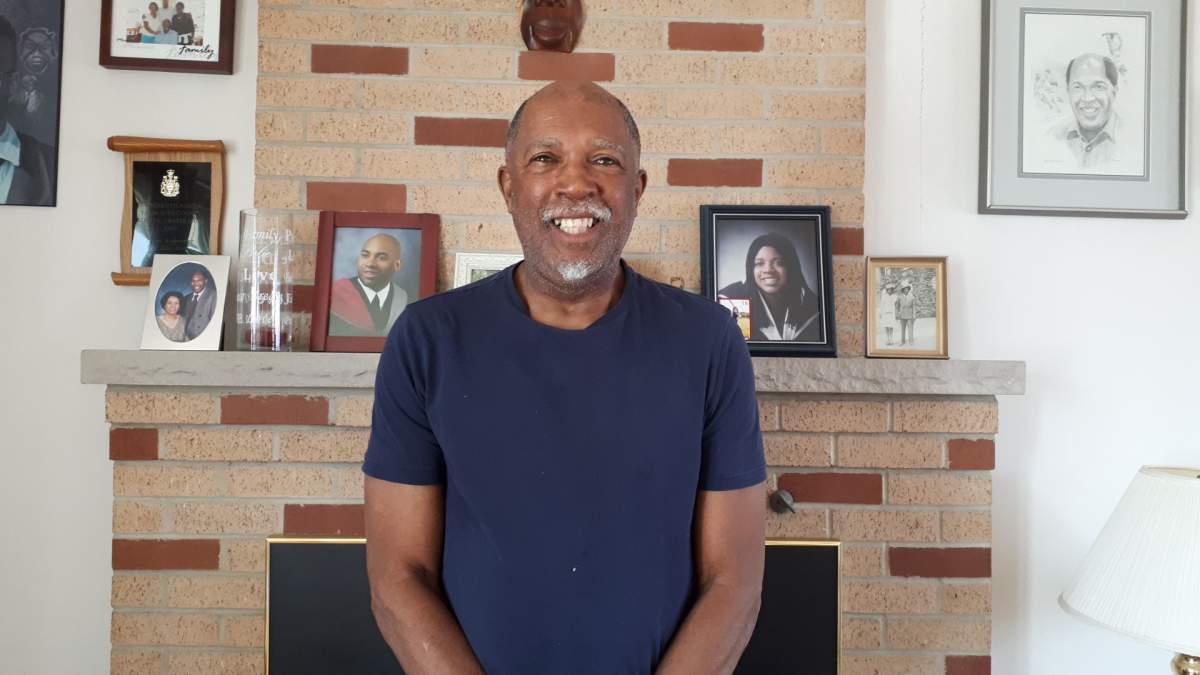Councillors in a southwestern Nova Scotia community voted unanimously this week to pressure the province to get rid of derogatory place names within the municipality’s boundaries.

The issue was put before Barrington’s council Monday when Chuck Smith, president of the Black Loyalist Heritage Society, made a presentation explaining the derogatory and offensive meaning behind the word “Negro,” which is found in some place names in Barrington.
Barrington Coun. Shaun Hatfield said the move follows a 2018 complaint lodged with the province by a citizen over place names including Cape Negro, Cape Negro Island, Negro Harbour and Squaw Island.
Smith called the term “derogatory” in an interview Wednesday, and said it’s a part of a long history of labelling for the Black community.
“We as Black people have had so many names put on us,” he said. “Back in the day, back in the ’60s and ’70s, we were coloured, we were Negro, then we became Black and African Nova Scotian. Those labels, eventually, it kind of wears you down.”

Get breaking National news
Barrington’s website says the area was named by French colonialist navigator Samuel de Champlain, who wrote in the 1600s that he called the area Cape Negro “on account of a rock which from a distance looks like one.”
- Canadian immigration officers investigating hundreds identified by extortion task force
- Ottawa expects Ukrainian emergency visa holders to return after war ends
- As new EV rebate program starts, car dealers still seek past reimbursements
- China drops visa requirement for Canadian tourists, business visitors
Monday’s motion to seek action from the province was put forward by Hatfield, who said the names should be changed to acknowledge the negative impact on Nova Scotia’s Black community.
“Regardless of the etymology … these words we all know carry with them pejorative and harmful impacts to people,” Hatfield said in an interview Wednesday.
The councillor said New Brunswick set a precedent in 2017 when it officially changed the names of five places in the Saint John area that used the anachronistic term, replacing them with names that honoured historic Black Loyalists and Black community members.
Sue McKeage, communications director for Service Nova Scotia and Internal Services, said the province has received two applications to have the names changed, and engaging with residents in the Barrington area is the next step in the process.

She said in-person meetings had to be postponed because of the COVID-19 pandemic. Now, the province is moving forward with alternative methods, including a mailing to residents, a new website and a survey feedback form.
“The consultation is expected to continue for several months so we are sure to give all residents a chance to be heard,” McKeage wrote in an emailed statement. “To date, we have engaged with several stakeholders about the name change, including provincial offices, local municipalities, and other groups.”
To replace the name, Hatfield said Cape George was suggested during the meeting to honour David George, a Black Loyalist who travelled to nearby Shelburne, N.S., to preach among the Black settlers in the community of Birchtown.
Like Hatfield, Smith said he thinks the locations should be named after leaders in the community of Black Loyalists that previously lived in the area.
“I understand change is hard, people don’t want to change,” he said. “But it’s time. It’s overdue.”
This report by The Canadian Press was first published March 25, 2021.







Comments
Want to discuss? Please read our Commenting Policy first.